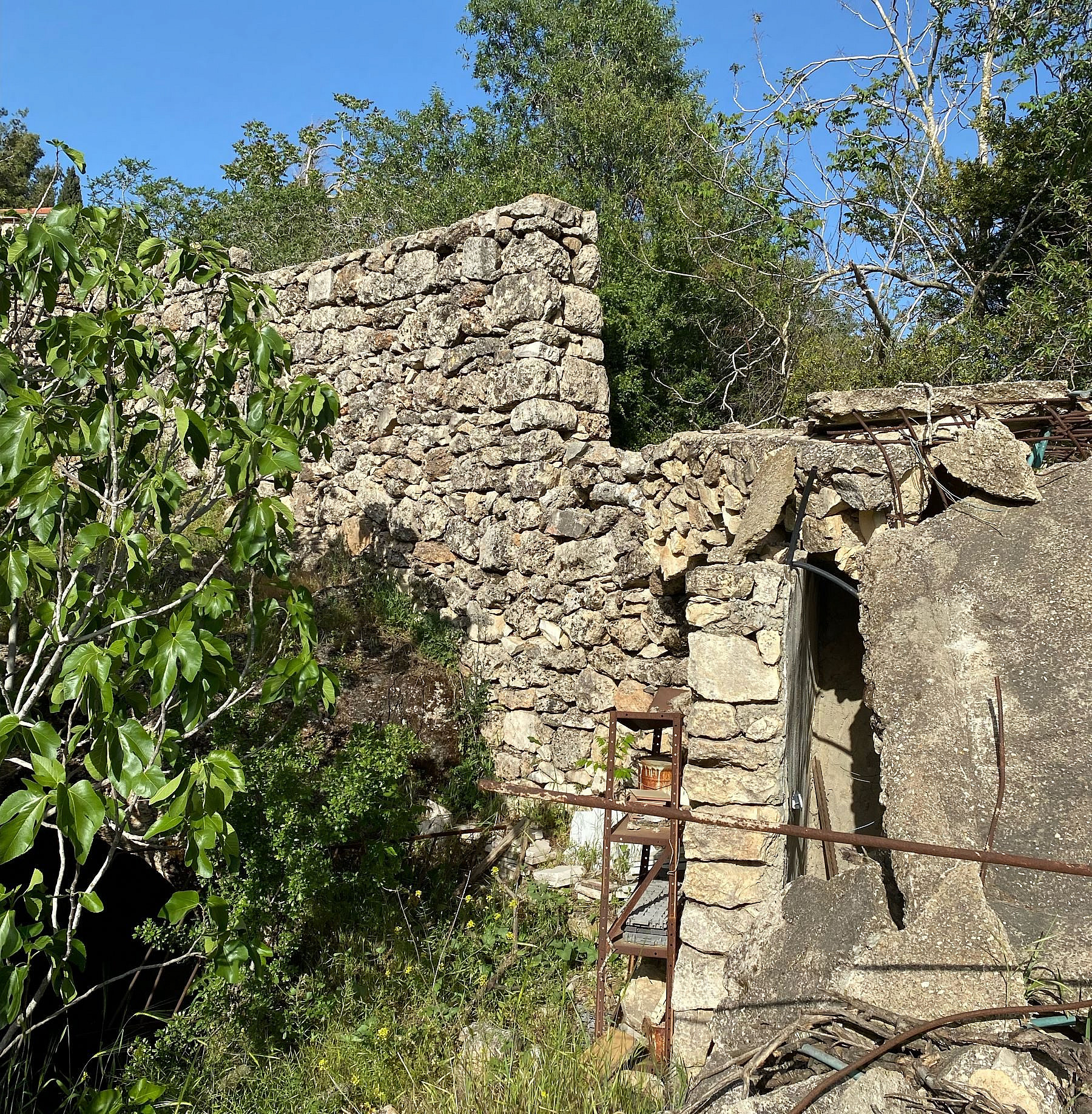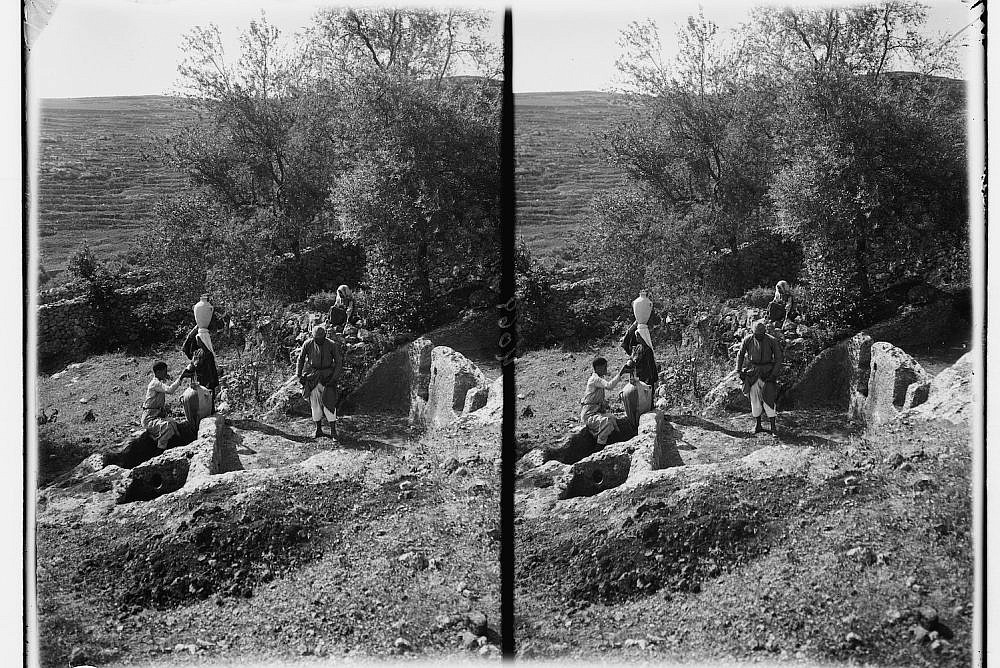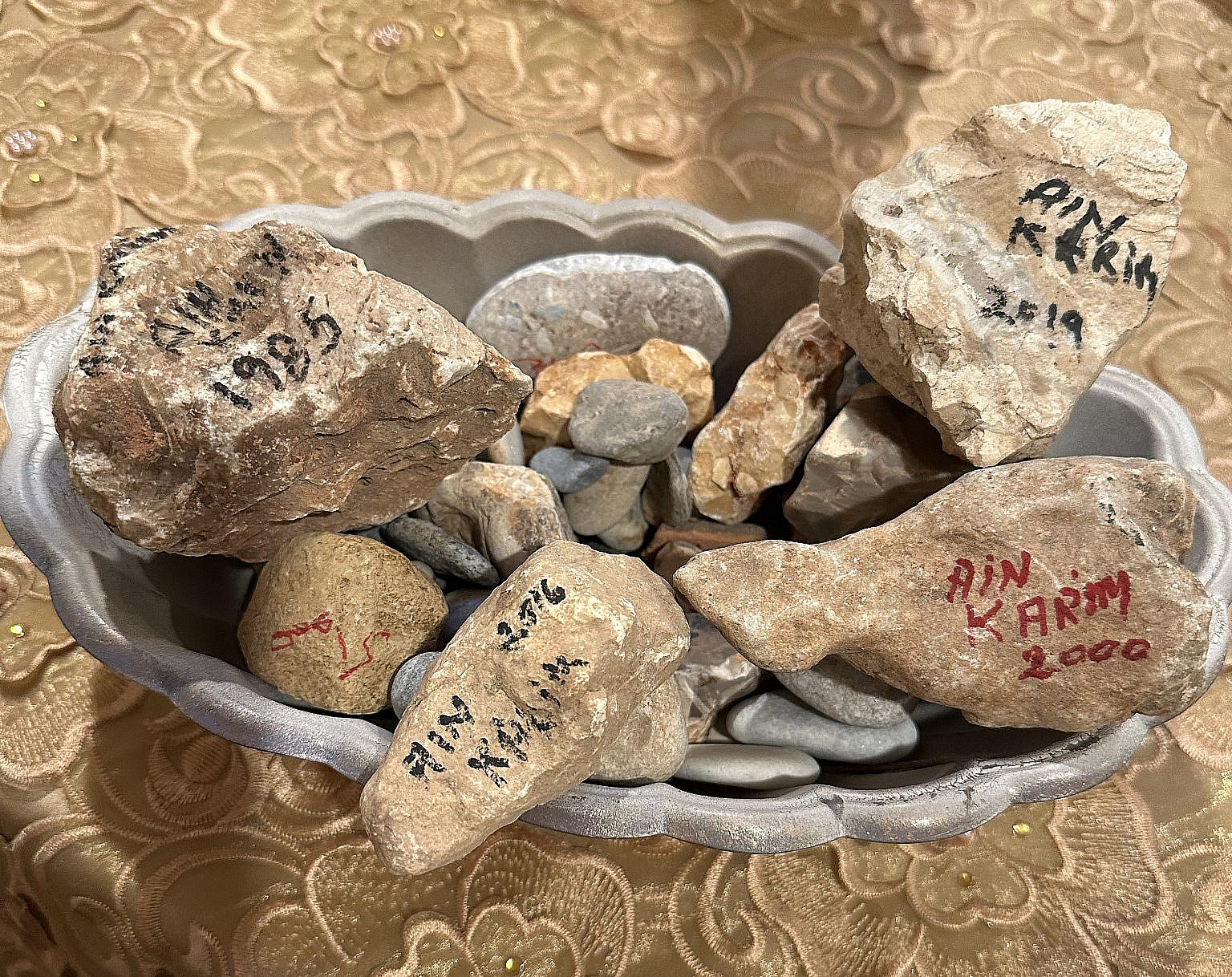I was eight years old when a Zionist militia took over the mountain top next to our village of Ain Karim and started shooting down at us. Panicked, my mother stuffed a few items into a bag, and we fled, certain that we would return home in a few weeks. The chaos was overwhelming; I remember bewildered parents desperately searching for missing children and spouses.
We were among the 750,000 Palestinians driven from our homes during the war that established the State of Israel in 1948, which Palestinians refer to as the Nakba (“catastrophe”). Though this month we commemorate 75 years since those mass expulsions, Israel’s dispossession of Palestinians has never ceased. The Nakba remains the root of the problem in Palestine-Israel, and our ongoing dispossession is the force fueling violence to this day. Both must be finally recognized and addressed in a just manner if there is ever to be a lasting peace.
Each time I return and see the ruins of our home in Ain Karim — a possibility denied to most Palestinian refugees and their descendants — the memories and trauma of what occurred in 1948 flood back. After we fled, my uncle in Baghdad sent a car to bring us to him. We arrived in Iraq after a three-day journey, only to receive the news that our house in Palestine had been bombed. Whatever hope we had of returning was dashed. With time, it became clear that Israel would not permit the Palestinians it made refugees to return. My family stayed in Baghdad for 10 years, and then relocated to the United States, where I have lived since.
My family’s story is far from unusual. During Israel’s establishment, over 400 Palestinian towns, villages, and urban neighborhoods were either destroyed or repopulated with Jewish Israelis, and roughly three-quarters of the entire Palestinian population was forcibly displaced. Israel continues to deny us the right to return to our homeland.
It is only due to my U.S. passport that I am able to make my annual pilgrimage to Ain Karim and survey the chunks of concrete and twisted rebar still visible on my family’s land, surrounded by a thick grove of beautiful almond and fig trees. Every year, I take a small stone from my land, write on it “Ain Karim” and the year of my visit, and bring it back to my home in California.
Even before the current far-right government took power in Israel, major human rights organizations, both in Palestine-Israel and internationally, concluded that Israel’s policies amount to apartheid. These policies continue to deepen and expand under senior Israeli ministers who have openly called for the expulsion of Palestinians who don’t accept their permanent subjugation, lamenting that Zionist leaders didn’t “finish the job” of driving all Palestinians out in 1948.
Most read on +972
Yet, it is not just this government that is to blame; every Israeli administration since 1948 participated in building and expanding systems of oppression and control in order to ensure Jewish-Israeli dominance. And they have done so with the support and complicity of Western governments.
Even as the situation on the ground gets dimmer, though, there is reason for hope. While the Biden administration and other Western governments continue to enable Israel’s oppression, public opinion polls show a growing number of Americans are recognizing the ugly reality of apartheid, and are increasingly supportive of Palestinians struggling for our freedom. It is long past time for the U.S. government to catch up with the American public, and meaningfully pressure Israel to provide true justice for Nakba survivors and our descendants, and to support freedom for the Palestinian people.

Palestinians and Jews lived together peacefully before 1948, and we can do so again — provided that it is with equality, not under the current conditions of ethnic supremacy and apartheid. There is room for all of us in Palestine. This vision may not come to fruition in my lifetime, but I am confident that, with global support, it will come to be.
In the meantime, I will continue to make my annual pilgrimage to Ain Karim. I will continue to take a stone and add it to my collection at my home in exile. I will continue to dream of the day that I, or my children, bring those stones back to their ancestral land, as we rebuild our house and a future for ourselves and our neighbors.





